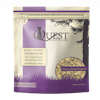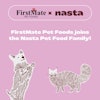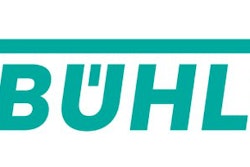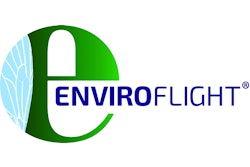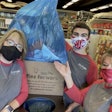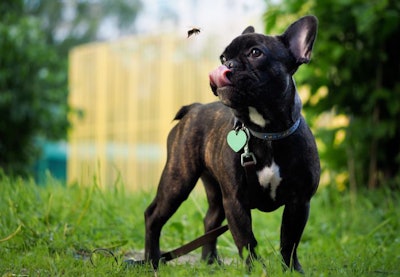
Netherlands-based Protix, an insect protein company that provides novel pet food protein sources, closed EUR45 million in funding. The funding was delivered by Aqua-Spark, an investment company focused on sustainable aquaculture, Rabobank, BOM and various private investors.
Protix breeds insects for animal feed, including as dog food. Insects may be used as novel pet food protein sources. Insects can be cultivated on a variety of food scraps, with lower environmental impact than larger animals, according to Protix. Protix uses an automated breeding and rearing process. Their products are used in over 12 countries to date, in feed applications ranging from pig and poultry to pet food specialties. The driver behind Aqua-Spark’s interest in Protix is the uses for insects in aquaculture.
Edible insects creeping into pet food popularity
Insects have been growing in popularity as a pet food ingredient over the past several years. While some may gag at the thought of beetle pieces in their own oatmeal or dog’s kibble, intentionally using those six-or-more-legged protein sources as a replacement for four- and two-legged animals has grown in acceptance.
Barriers to bugs in pet food
Although insect farms provide healthy protein using less resources than other animals, barriers such as regulatory, production and supply issues have stymied the use of insects, except for a few pioneering dog food and treats, wrote Debbie Phillips-Donaldson in her Petfood Industry blog “Pet food trends: Are Western consumers ready for insects?”
On the regulatory front, Association of American Feed Control Officials (AAFCO) members decided that new AAFCO definitions would be needed for each insect and type of insect-based ingredient, such as flour, meal or protein concentrate. Additionally, the definitions would need to consider the species to which the insect-based ingredient would be fed. To date, only one insect, black solder fly larvae (AAFCO #T60.117) has been defined by AAFCO, and that is limited to use in salmon aquaculture.
Insect protein production facilities
If black soldier fly larvae are approved for pet food use, one company is preparing to supply that market. A joint venture between a bio-engineering firm and a pet food ingredient maker will focus on black soldier fly (BSF) larvae, an insect which can serve as a novel pet food ingredient among other uses.
Intrexon Corporation, which works in the engineering and industrialization of biology, and Darling Ingredients Inc., a developer and producer of sustainable natural ingredients from bio-nutrients, formed the partnership. The joint venture, called EnviroFlight, plans to significantly expand production of ingredients for sustainable feed and nutrition derived from black soldier flies. The facility will be the largest commercial-scale BSF larvae production facility in the United States, according to an Enviroflight press release.
In China, Bühler, a pet food and feed industry supplier, and Protix have founded Bühler Insect Technology Solutions, which will develop scalable, industrial solutions for the rearing and processing of insects to provide novel protein sources for livestock, human and pet food. Bühler Insect Technology Solutions has already begun operations.

